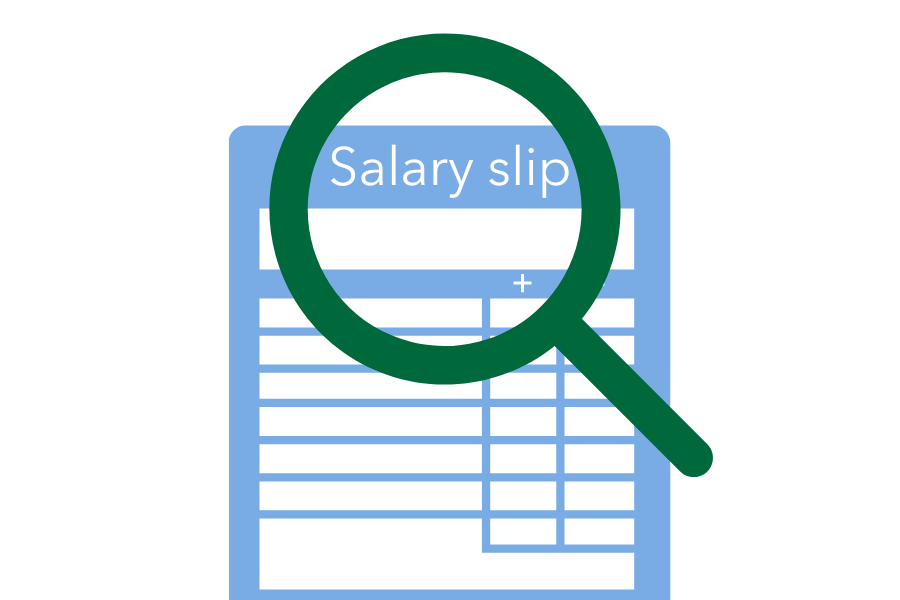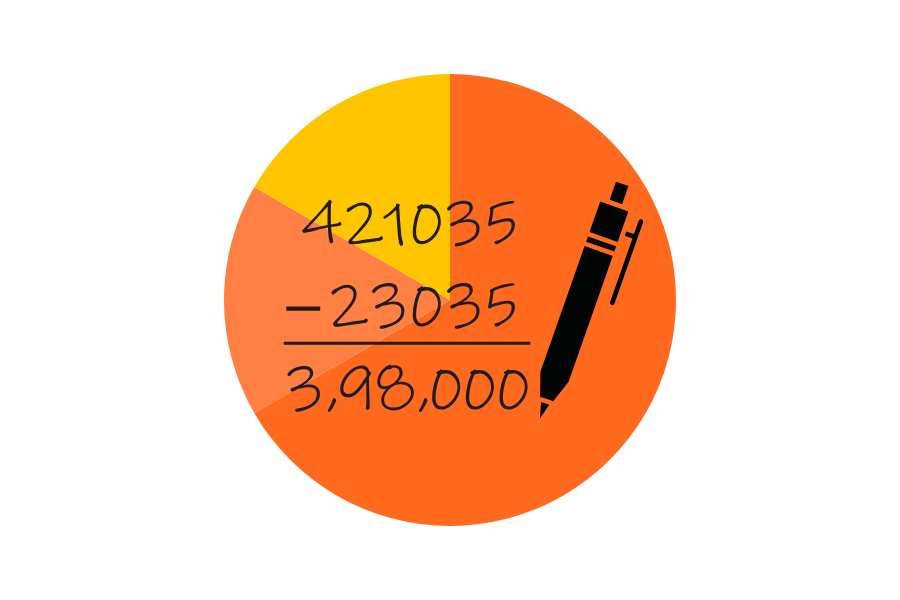Cash vs Accrual Accounting: Which is Better?
The choice between cash and accrual accounting can significantly impact how businesses manage their finances. Let’s delve into the differences, benefits, and downsides of each method.
Cash Basis Accounting
Cash basis accounting revolves around timing – recording revenue and expenses based on when money exchanges hands. It’s straightforward: income is recognised when received, and expenses are recorded when paid. This method provides a snapshot of available cash but may not offer a comprehensive view of financial health.
Benefits of Cash Accounting:
- Simplicity: Gives quick overview of the cash position.
- Suitable for Small Enterprises: Sole proprietors and small businesses often appreciate its straightforward approach to managing cash flow.
Downsides of Cash Accounting:
- Limited Insight: Doesn’t reflect accrued revenue or outstanding expenses accurately.
- Decision-making Challenges: Lacks foresight for long-term financial planning or investment decisions.
Accrual Basis Accounting
Accrual accounting focuses on when revenue is earned and expenses are incurred, regardless of cash flow. It provides a holistic view of business performance by accounting for transactions when they occur, offering a more accurate representation of financial health.
Benefits of Accrual Accounting:
- Accuracy: Provides a real-time picture of business performance, aiding in informed decision-making.
- Financial Transparency: Offers a comprehensive view of revenue earned and expenses incurred, crucial for investors and lenders.
Downsides of Accrual Accounting:
- Complexity: Managing various accounts like unearned revenue, accounts payable, receivables, and liabilities becomes necessary. However, with the appropriate accounting solution, you can navigate these challenges effectively.
- Potential Cash Flow Challenges: May lead to tax liabilities on accrued income before actual receipt.
Choosing the Right Method
When selecting the ideal accounting method for your business, consider factors such as its size and average annual revenues. Typically, small businesses lean towards cash accounting due to its simplicity. Although accrual accounting helps position yourself for long-term success with a more comprehensive understanding of expenses and income. Some businesses opt for a hybrid approach, blending elements of both methods to customise their accounting practices to fit their specific requirements and preferences.
Discover how Counto helps small businesses like you save time and money
With an intelligent platform combined with experienced accountants and tax specialists, who are dedicated to helping businesses achieve greater financial efficiency at an affordable price. Experience a smarter way to outsource your accounting with confidence. Speak to us directly on our chatbot, email us at [email protected], or contact us using this form.
Here are some articles you might find helpful:
Understanding business expenses







